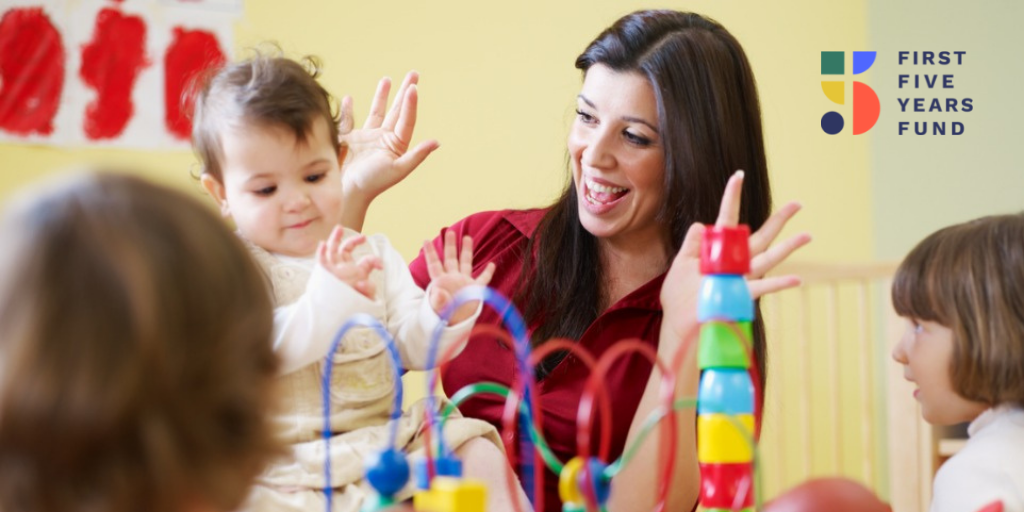Study Backs Up Research on Success of Tennessee’s Voluntary Pre-K Program

Earlier this week, researchers from Vanderbilt University and the Annenberg Institute at Brown University released a new working paper reaffirming the success of Tennessee’s Voluntary Pre-K (TN-VPK) program. The researchers found that the benefits of TN-VPK in children persist in the years after their preschool experience through third grade if they are exposed to high-quality school and highly-effective teachers after preschool.
This new work reinforces what many researchers have reported for years: high-quality early childhood education alone can not sustain a child’s educational achievement once they reach kindergarten and beyond. Experts agree that preschool is effective at preparing children for school and beyond by helping them develop the skills they need. But even children who experience high-quality early childhood education need effective teachers and quality schooling in kindergarten and beyond to be able to succeed academically.
This new research was conducted by six researchers, including Vanderbilt’s Dale Farran and Mark Lipsey who co-led an earlier Vanderbilt study about the effectiveness of TN-VPK. The earlier original Vanderbilt study found that while many students who participated in the TN-VPK program saw greater gains in learning compared to their peers who had not, these gains “faded out” over time. What the original study failed to do is answer why or how these gains faded.
Researchers used student data collected as part of a previous TN-VPK study, as well as Tennessee teacher evaluation and school performance data, to try and understand how the school environment students are exposed to after they attend TN-VPK impact whether the benefits are sustained or “fade out” by third grade.
This week’s work builds on other research that seeks to understand the role of learning environments after Pre-K on a program’s effect beyond kindergarten entry, what scholars refer to as “sustaining environments”. These researchers found that while children who attended TN-VPK were less likely to attend a high-quality school and / or have highly-effective teachers, when they did have highly-effective teachers and schools, the positive impacts of Pre-K were sustained through third grade math and language arts scores.
The working paper concludes by suggesting that investing in a continuum of high-quality Pre-K to third grade education is key to sustaining gains from early learning and improving outcomes through third grade, especially for children from low-income families.
This new research adds to the strong, growing body of research that shows strong return on investment for high-quality early learning and care. Policymakers and stakeholders can be reassured their investments and results are sound.
Read the working paper here.
Subscribe to FFYF First Look
Every morning, FFYF reports on the latest child care & early learning news from across the country. Subscribe and take 5 minutes to know what's happening in early childhood education.


